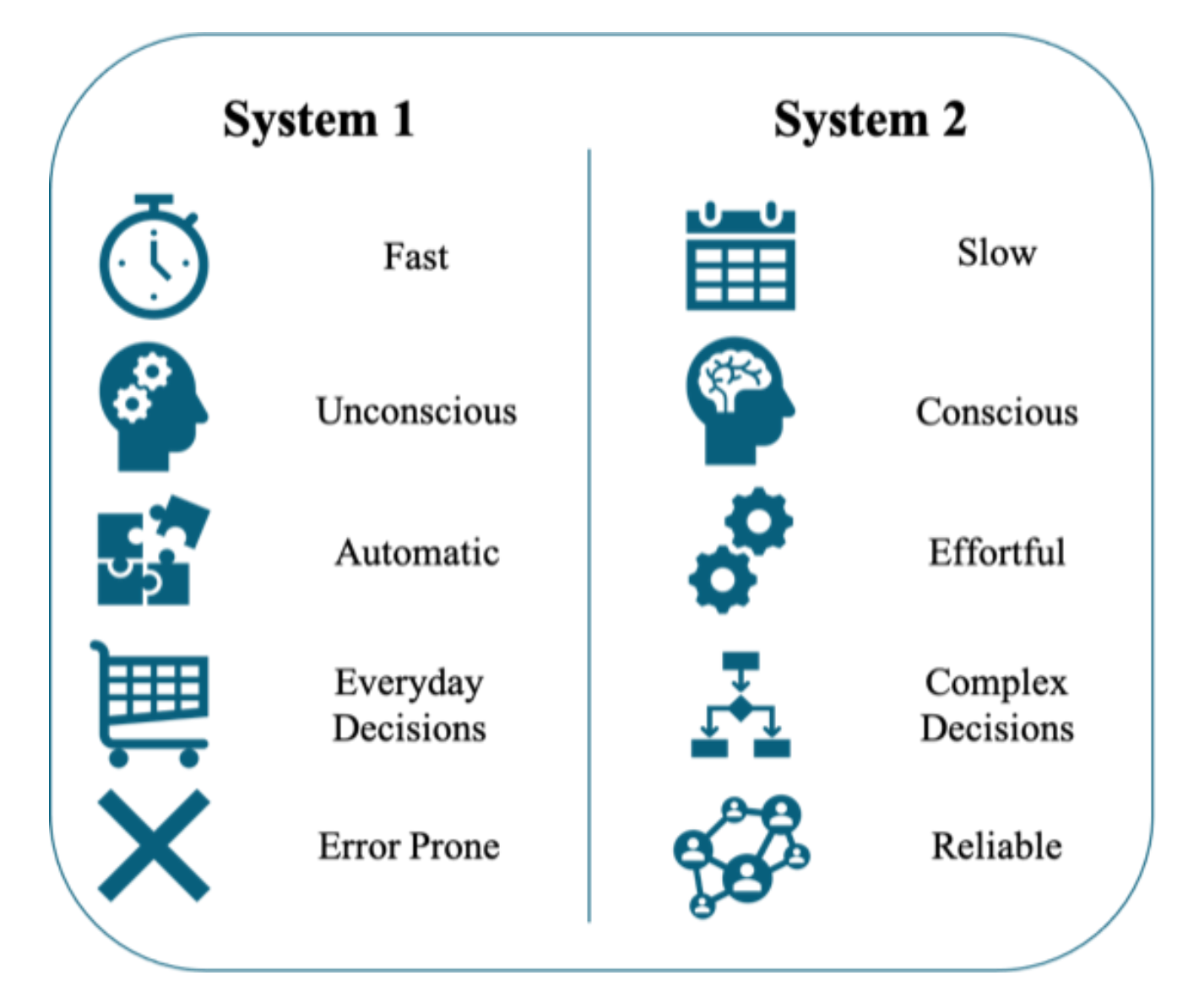You Are Irrational
You think you are a rational person. I have news for you. An average human is hardly rational. By design. Let’s delve a bit deeper into this.
What is ‘rational’? Let’s get that out of the way first. Generally speaking, rational means a choice, desire, or action that you should choose in a given scenario. But you know that each of us is likely to choose differently given the exact same inputs and choices. Does this itself make us irrational? Not really.
Ancient Greeks believed us to be rational, and only errors led to irrational behaviour. Since then, many attempts have been made to figure out rationality. Rene Descartes (I think therefore I am), David Hume (a wise man proportions his belief to the evidence), and Bertrand Russel (The demand for certainty is natural to man, but is an intellectual vice) are a few respected names that have opined on this matter. The generally held belief has been that humans are rational. The prevalent expected utility theory outlined what choices you made in a complex situation based on your risk appetites and preferences. However, it was not until Daniel Kahneman came around and proved that you are not rational with the help of simple experiments. The choices you make are hardly rational. I know it hurts to admit that what you thought about yourself is not true. You thought you were the wise one all along, but Kahneman proved that you are far away from being correct and rational most of the time.
“It has been said that man is a rational animal. All my life I have been searching for evidence which could support this.”
Let’s start with how you think. Kahneman categorised our thinking into two buckets - System 1 and System 2. Then he wrote a book, Thinking Fast and Slow, which popularised his findings and made all of us sit up and take notice of our irrationality. System 1 is thinking fast. System 2 is thinking deep and hence, slow. System 1 generates all our impulses, impressions, intuitions, feelings and intentions on the go. System 2 relies on these to take voluntary action. When you slip on a banana peel, your instant reaction is driven by system 1. There is no time for deep thinking by system 2. This is your ‘gut feeling’. When you play chess and have a critical move to make, system 1 feeds all inputs to system 2, thinking deeply and deciding which move to make.
Why can’t you be deep thinking all the time? Why don’t you take your time to make the best decision under any and all circumstances? As it turns out, thinking is a costly activity in terms of energy burnt by your body. Even when you are resting, your brain consumes roughly 20% of your body energy. Mind-boggling, isn’t it? So, if you thought deeply about everything, your energy consumption would shoot through the ceiling, leaving you dead tired and exhausted. So, there has to be some other energy-efficient manner of thinking and deciding what you do. Enters the ever helpful, Mr. Gut. Fun fact: your gut (yes, the intestinal coil) has nearly 100 million neurons or brain cells. The gut has the power to think for itself, which is why ‘gut feeling’ is sometimes called ‘Second Brain’. This is also why it might be a good idea to listen to your gut feel more often than not.
However, relying on gut feeling comes with its own costs. Quick decision making relies largely on heuristics, i.e., taking action based on practical and past experiences. It brings a host of biases that can themselves be a topic of discussion for us on some other day. One side effect of relying on heuristics is ‘cognitive bias’. This bias makes you draw conclusions about people and situations illogically or irrationally. This is so because we all suffer from our own subjective realities, and similar inputs lead us to react or decide very differently.
In conclusion, remember that gut feeling is not simply wishy-washy thinking though you need to keep in mind the inherent biases that come along with it. Deep thinking happens in the brain but is limited to those areas where heuristics may not work optimally. Relying on gut feel is your body’s natural way to conserve energy since deep thinking uses tons of it. Lastly, and most importantly, you are not rational.


